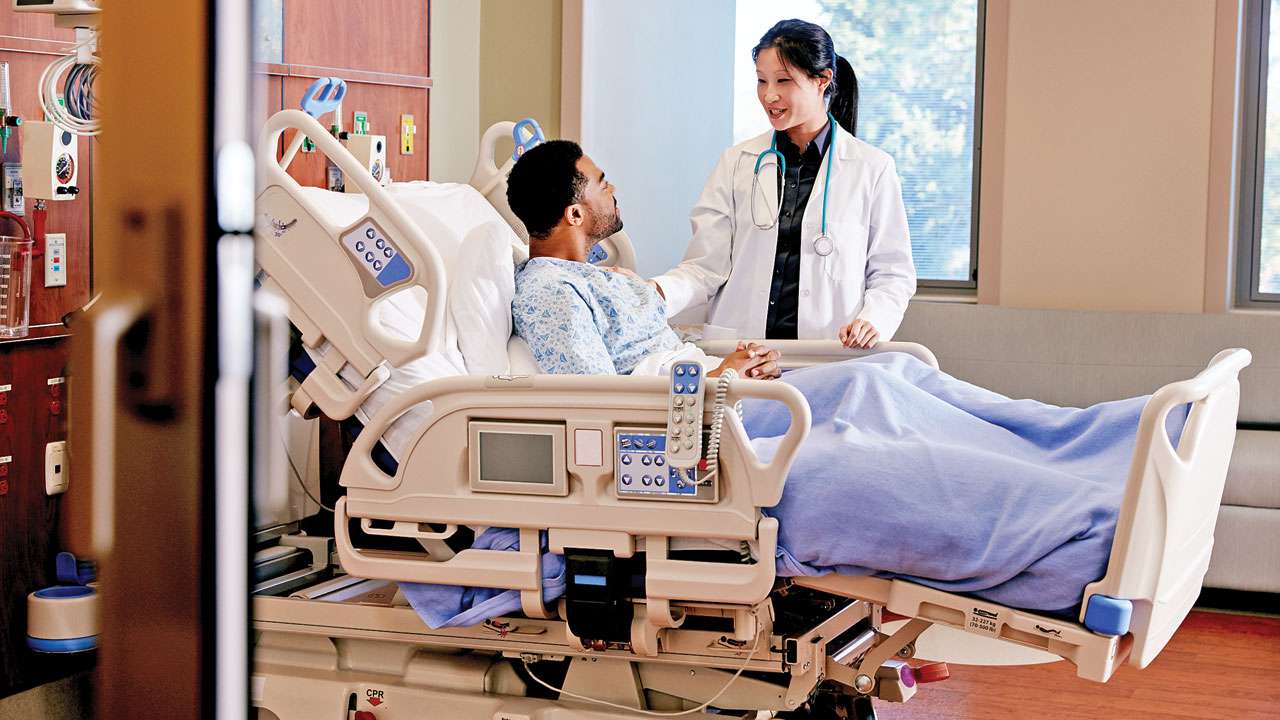The original traditional Medicare covers a wide range of medical conditions after you turn 65. The original Medicare is divided into Medicare Part A and Part B. Medicare Part A could be seen as hospital insurance. It will cover your inpatient stays, surgery, hospice care, and nursing facilities. Part B is all about medical insurance. It will help in paying for the doctor’s visits, preventive services, and outpatient care. It could also cover some medical supplies and equipment depending on the policy. It should be noted that Medicare Part A and Part B can leave some significant gaps in your coverage. It is important to know what is not covered so that you can find alternative solutions to the problem.
Prescription Drugs
Outpatient prescription drugs are not covered by Medicare. The solution would be to buy a separate Medicare Part D prescription drugs policy. A Medical Advantage Plan will also take care of the medical and drugs cost. It is important that you compare costs and coverage for your specific medical condition before you make a decision.

Long-term Care
One of the biggest challenges in retirement is the long-term care costs. It is estimated that the average cost of a private room in $97000 annually in 2017. The cost might have gone up since that was research that was done more than two years ago. According to the Glenworth Cost of Care, the average cost of a room in an assisted-living facility is $45,000. That is why Medicare doesn’t provide coverage for long-term care. It does, however, provide coverage for skilled nursing services. This shouldn’t be confused with long-term care. The skilled nurse will provide services like helping the person bathe and dress. You have the option of adding long-term care insurance to your current cover.
Co-Pays and Deductibles
Medicare Part B covers doctor’s services while part A covers hospital stays. You’re the one who is fully liable for the co-pays and the deductibles. According to Statistics, you will have to pay up to $1340 in deductibles before the coverage can kick in. You will also have to pay a part of the cost for long hospital stays.
It should be noted that part B will cover up to 80% of a doctor’s service. The 20% will have to be paid after a deductible of $183 if the stats from 2018 are anything to go by. A Medigap could bridge the coverage gaps if you don’t have proper supplemental coverage. You can use Aetna Medigap to find Medigap in your state.
Dental Care

Medicare won’t cover most dental care. Some of the thing it doesn’t cover includes routine dental checkups, fillings, teeth cleaning, dental extractions, and dentures. There are some Medicare Advantage Plans that will take care of the X-rays and general teeth cleaning. These plans usually have an annual coverage gap which is capped at $1500. The alternative would be to get a separate dental insurance policy or a dental discount plan from your provider.
Regular Vision Care
A Medicare plan will not cover routine vision care or glasses. There are exceptions if the routine vision care is caused by diabetes or cataract surgery. There are some Medicare Advantage plans that provide coverage for vision care. The solution would be to buy a supplement policy that covers regular vision care and any eye-related problems. You can also put some money aside in your health savings account which can be used tax-free when buying prescription glasses or contact lenses.
Hearing Aids
Medicare also doesn’t cover regular hearing exams or buying hearing aids. A hearing aid could cost as much as $3000 per ear. You could opt for Medical advantage plans that cover hearing exams and hearing aids. You can also use the money tax-free to buy a hearing aid if it was in a health savings account.
Medical Care Overseas

Medicare will not cover for medical care that you receive when you’re outside the U.S. Medicare Plan C could cover up to 80% of the medical expenses you incur when you’re abroad. There are also some Medicare Advantage Plans that can cover medical emergencies when you’re abroad.
Knowing What Is and Isn’t Covered by Medicare
Our list is not exhaustive. There are some situations that we haven’t talked about which are not covered by Medicare. It is important that you do your research as you can take a Medicare plan that doesn’t completely address your condition. You can go the Medicare’s official website to get a list of all the conditions that are covered.

